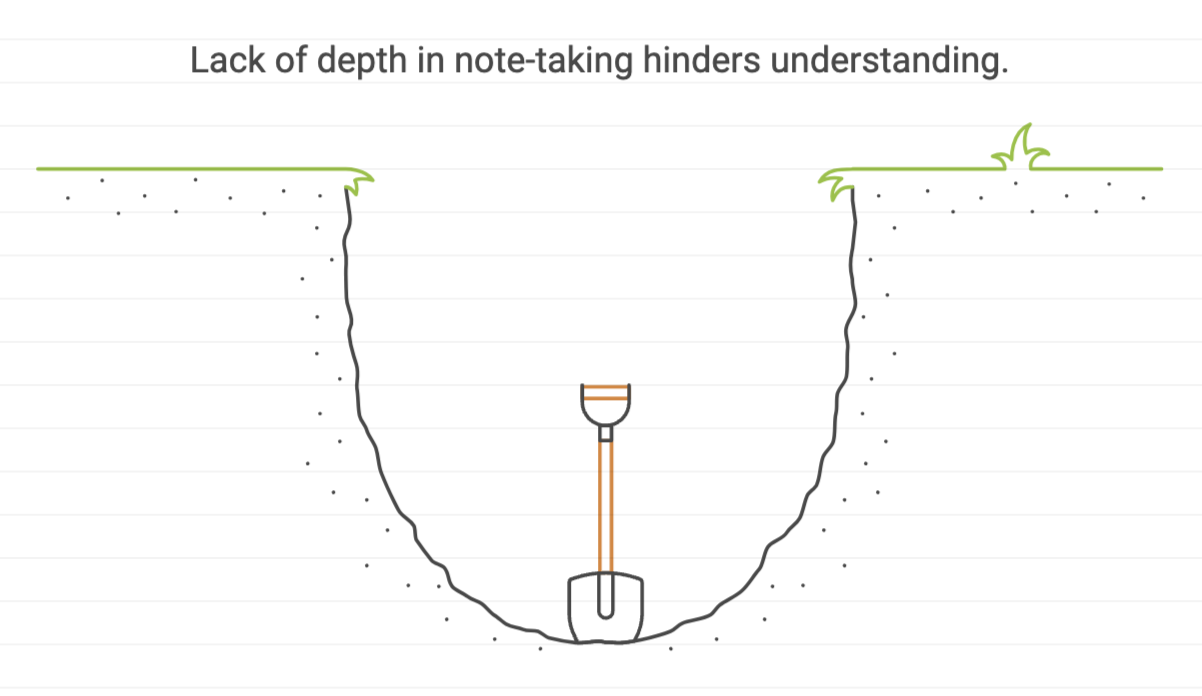Taking notes is a useful and important process for structuring information, consolidating knowledge, and increasing productivity. However, sometimes simple bullet points or short ideas may not be enough to deeply understand a topic. It is important to support your notes with links to reliable sources, and this is where platforms like Google Scholar and ResearchGate come in handy. And if you are delving deeper into a topic with courses like Coursera or Khan Academy, you can cite specific lessons, which will add weight to your notes. Let's look at why this is so important.
Academic etiquette: respect for sources and commitment to accuracy
- Adding links to primary sources and courses is, first and foremost, a sign of respect for the work of others and an important element of academic integrity. In academia, it is considered good manners not only to record your own ideas, but also to indicate what materials you are basing your ideas on. Not only does this legitimize your findings, but it also helps you better understand the topic later by recalling key ideas through verified materials.
- Furthermore, quality links make it easier to navigate the material, especially when it comes to complex or multi-layered topics. For example, if you are studying biochemistry or economics, your note may contain a specific thought or definition, but there is always deeper research behind it. Referencing the original source, be it an article or a course, allows you to better understand where the idea came from and what other aspects it covers.
How it helps in learning
Notes in Conoted are structured in such a way that each thought, idea, or quote is a specific and targeted statement. However, when external links are added to them, the student has the opportunity to go beyond a single thought and see the bigger picture. This helps to better organize knowledge and develops the skill of working with large amounts of information. For example, when preparing for an exam, you might include an idea in your notes that links to a section of your textbook or an online course, allowing you to quickly dive deeper into the topic when needed.
Built-in earning opportunities
Some platforms, such as Coursera, offer referral programs. If your note is popular with users and gets frequent visits, you can earn money from referral links. This is not the main purpose of adding links, of course, but it is a nice bonus for doing a good job. However, it is important to remember that links should be added primarily for the sake of usefulness and academic etiquette, not for the sake of earning money.
Practical application
Imagine that you are studying marketing and are creating notes on the topic of “Consumer Behavior”. In your note, you capture the key points, but you also include links to articles in Google Scholar to substantiate your understanding of the topic. You also include a link to a Coursera course that explains the main theories and research in detail. If someone, like a classmate or colleague, sees your note, they can follow the links and explore the original sources to gain a more complete understanding.
Conclusion
Adding links to your notes is not only a matter of professionalism, but also a way to expand your personal knowledge base, deepen your understanding of topics, and structure information for future reference. By using resources like Google Scholar and Coursera, you make your notes more functional and accessible to others, and you also support your findings with trusted sources.
